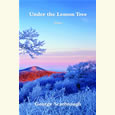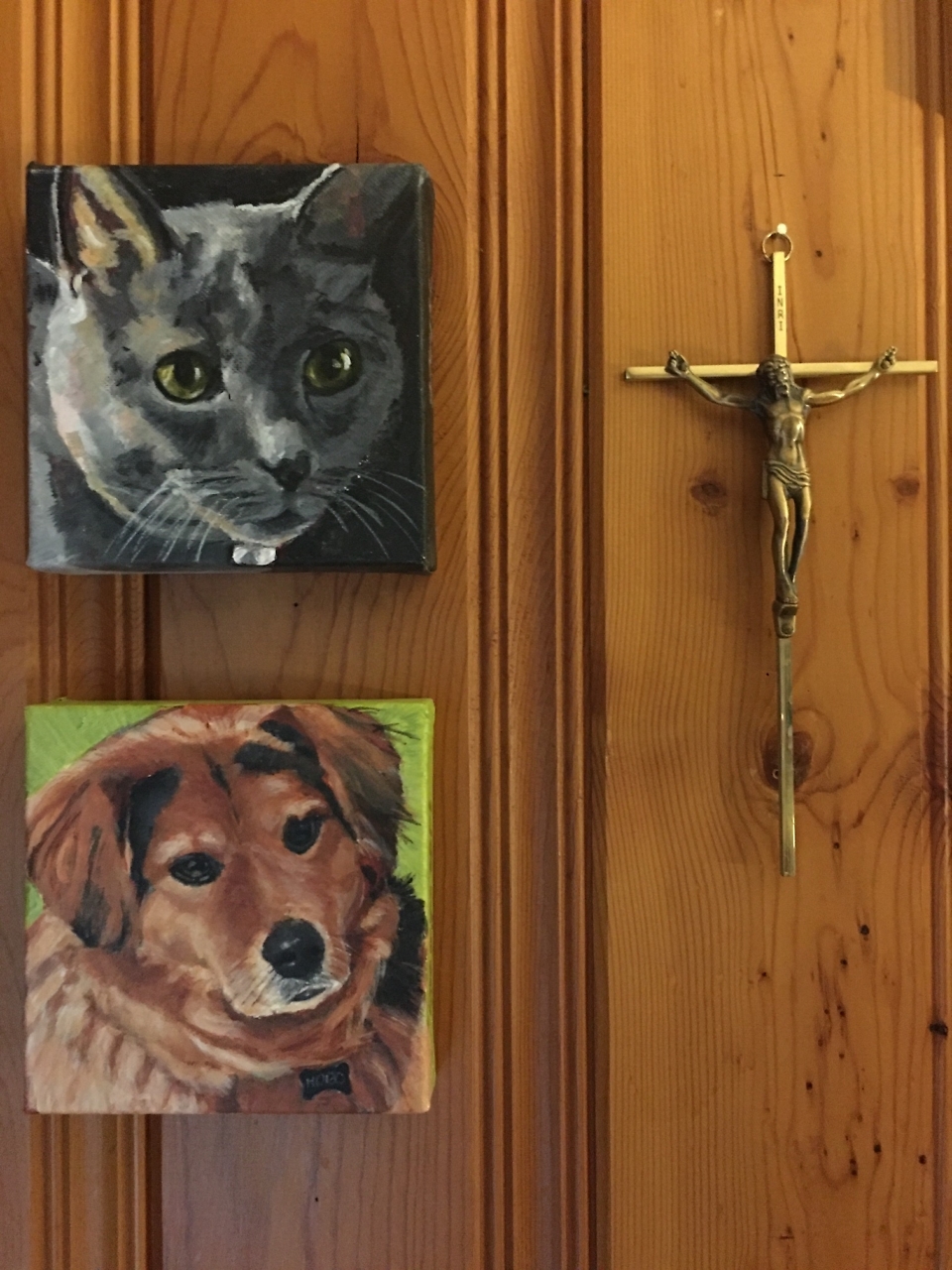Where I’m Coming From
Does the way we talk tell us who we are?
I work at a museum in Nashville and enjoy chatting with visitors. The other day, a woman asked me where I was from originally. After stating that I had lived in Nashville for more than 20 years, I told her I was from New Jersey.
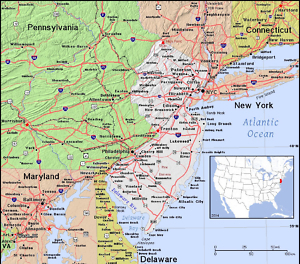 “Well,” she said. “It sounds like you lost the New Jersey, but the Nashville never got in.”
“Well,” she said. “It sounds like you lost the New Jersey, but the Nashville never got in.”
I’m not sure what Nashville sounds like. There are certainly Southern-sounding inflections and references, of course, just like there are Jersey-sounding things: the “y’alls” and “bless your hearts” in Nashville and the “youse guys” and “you gotta be kiddin’ mes” in New Jersey, for example. But most people I know who grew up here don’t sound like anything in particular, at least to my ears. The only thing I can tell is that they’re not from my part of New Jersey.
My wife is also from New Jersey, and we have fun catching each saying things that sound particularly Jersey. Like when she was going to the store and I asked her to pick up a “baggalenils” (also known as a bag of lentils). I may have asked her on that same trip to pick up a “boxa mawtins sawlt” and some “mustud.” We especially like giving each other directions that involve taking highways “Faw-Fawty” to “Fawty” to “Fawth Avenue,” which isn’t really a way to get anywhere. Everyone knows you have to get off at the “Seckon Avenue” exit to do that.
Maybe I haven’t lost the New Jersey, at least depending on what I’m saying and who I’m saying it to.
One of the things I’ve never learned to do in my many years in Nashville is talk about the foods I grew up with in a way that most people here are likely to understand. Say, for example, I want to order a sandwich or a pizza with prosciutto and mozzarella on it. The way I say these words, which is essentially Brooklynese, is “bruhshoot” and “mootzadell.” No one in Nashville knows what I’m talking about when I order that way, unless they come from where I come from (or watched “The Sopranos”).
For a while I tried to say these words with a more formal and proper Italian pronunciation. I understand just a little Italian and speak even less of it, so I wound up sounding like someone pretending to be Italian. Then I changed tactics and started pronouncing them more phonetically, which made me sound like someone who’d never encountered Italian food before. It became embarrassing. I’m glad my sister wasn’t around to hear me. Oddly enough, I had a sandwich named after me at an Italian restaurant in Nashville for about a decade. People asked me all the time what was on it. I gave up. “Bruhshoot and mootzadell,” I told them.
***
I spent my first year of college at New York University in New York City. While the campus sits in the heart of Greenwich Village, a mere PATH train ride away from my hometown of Jersey City, there weren’t many students from the immediate area. I was the only person I knew who commuted. Most of the kids were from elsewhere in the country, or in some cases, outside of America. For the first time in my young life, my accent stood out, even in a place just a few short miles from where I lived. Other students commented on it, and even made fun it, often repeating my words back to me. It hurt. I took it as mockery and assumed they thought I was dumb or less educated. I knew I wasn’t, but then again, I was 18 years old, and for the first time in my life had to think about the way I sounded. What else hadn’t I thought about?
It was then that I embarked on a strange search for identity that involved a lot of practicing my diction in front of a mirror and performing under a stage name, Demian Daniels. I should mention that I was also a musician at this time and beginning a solo singer-songwriter career. The name I chose — I was reading a lot of Hermann Hesse at the time — didn’t really mean anything. It was merely meant to be a name that didn’t readily identify me an Italian American kid from New Jersey. I wasn’t embarrassed by my cultural heritage, but I was trying to shake off the preconceived notions that other people might have about it. What I thought of myself didn’t concern me. It was what I thought other people thought of me that kept me up at night.
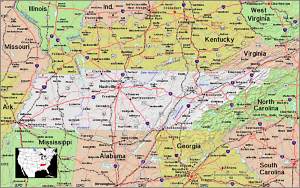 Unable to afford NYU after my first year, I transferred to St. Peter’s College in Jersey City, where most kids came from similar backgrounds and were commuters like me. Some were even friends and former classmates from high school. Trying to remain a singer-songwriter with a stage name was impossible, as was pretending to be anything other than Italian American. Suddenly, it was comfortable to be me again. Plus, something had changed. My year at NYU, and my stint performing under a stage name, gave me new confidence. It showed me that I needn’t pigeonhole myself. If I put in the work — as a writer, a singer-songwriter, and even a speaker — I needn’t be bound by who I was and where I was from. Those were merely things to build upon.
Unable to afford NYU after my first year, I transferred to St. Peter’s College in Jersey City, where most kids came from similar backgrounds and were commuters like me. Some were even friends and former classmates from high school. Trying to remain a singer-songwriter with a stage name was impossible, as was pretending to be anything other than Italian American. Suddenly, it was comfortable to be me again. Plus, something had changed. My year at NYU, and my stint performing under a stage name, gave me new confidence. It showed me that I needn’t pigeonhole myself. If I put in the work — as a writer, a singer-songwriter, and even a speaker — I needn’t be bound by who I was and where I was from. Those were merely things to build upon.
And so I continued to write and perform and work on my diction. I aspired to be like my father, who spoke both the Southern Italian dialect of his Basilicata region of Italy and the more proper Tuscan Italian. He could shift between the two effortlessly. By the time I moved to Nashville several years later, I had laid the groundwork to not immediately sound like I was from New Jersey, if I wanted. It also left me open to picking up a Southern inflection or two. Do I say “y’all” every now and then? Sure, I do.
When I travel elsewhere in America or the world now, and someone asks me where I’m from, I say Nashville, Tennessee. I’m proud of being from New Jersey originally, and Jersey City will always be my hometown, but I’ve lived in Music City for almost 21 years. Little by little, I’m approaching living half my life in the South. This is now my home. It may not be where I came from, but it’s certainly where I’m coming from now.
No one ever doubts me on those trips. No one ever asks where I’m really from. They usually respond with how beautiful they’ve heard Nashville is and how they want to visit, or they say something about country music and Jack Daniel’s. I like that. I feel like I know this place well enough, and have some authority in suggesting that, yes, they should indeed visit. Even if when they get here and visit a museum, they meet someone like me, who doesn’t quite sound the way they think I should.
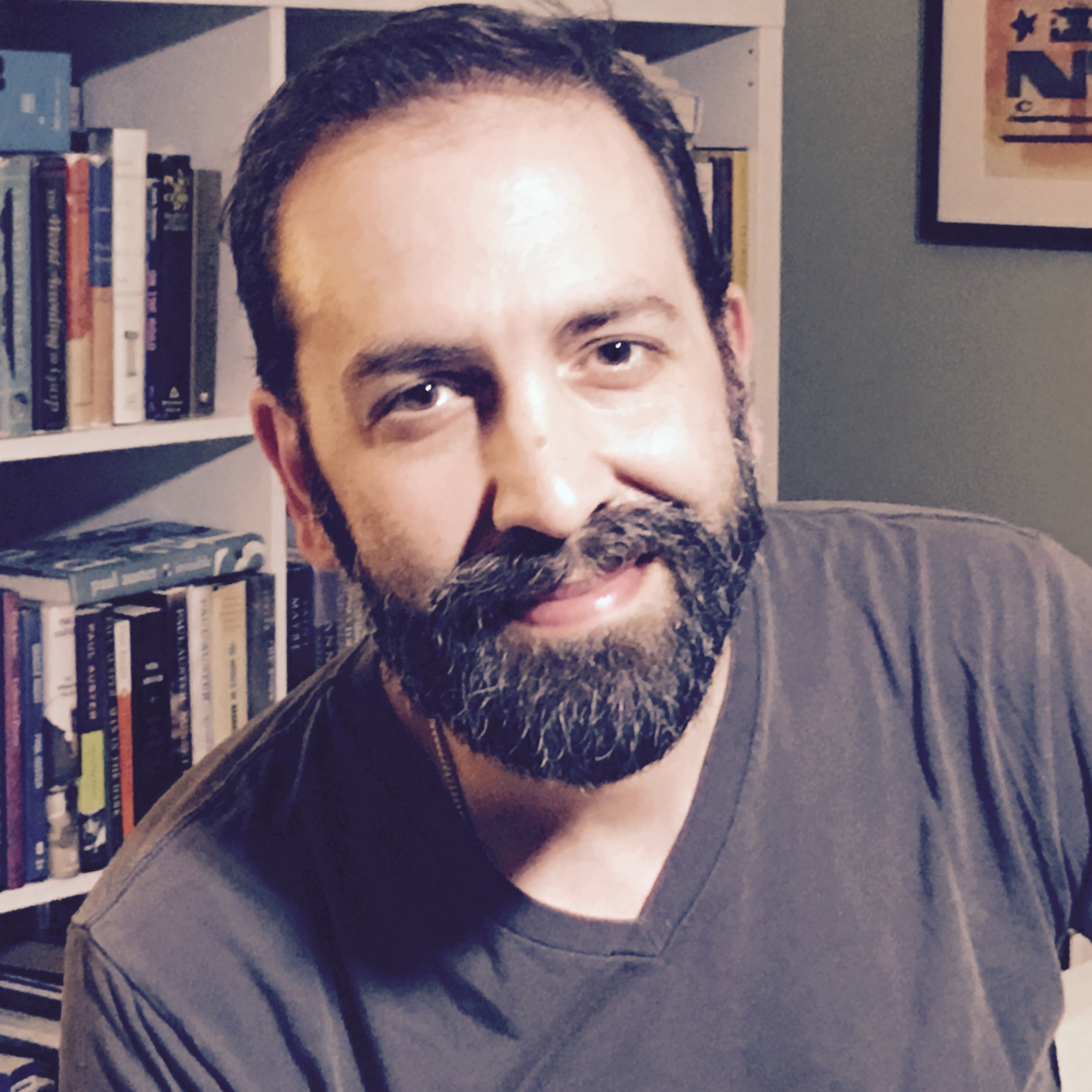
Copyright (c) 2019 by Joe Pagetta. All rights reserved. Born and raised in Jersey City, New Jersey, Joe Pagetta is a Nashville museum communications professional, personal essayist, and arts writer whose work has appeared in America, Wordpeace, Nashville Scene, PBS.org, Nashville Arts, My Modern Met, and Ovunque Siamo. Guinea Bastard, a collection of his personal essays, was published in 2018.
